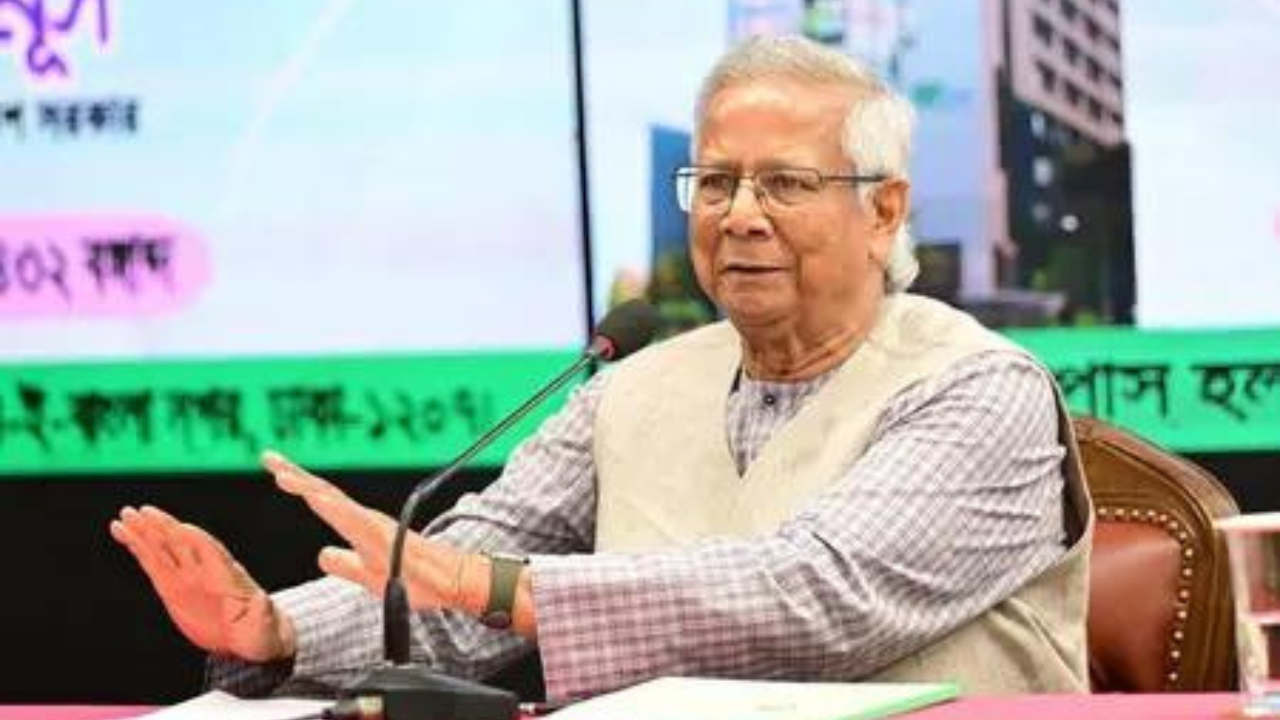After emergency talks, Yunus to stay on as B'desh interim chief: Report

Tensions escalate between Israel and Iran with missile exchanges and threats, while Erdogan's harsh comparison of Netanyahu to Hitler adds to the volatile rhetoric. Israel vows a strong response to attacks, heightening fears of further conflict.

All major sources, one page
Feel the mood behind headlines
Know what’s trending, globally
Get summaries. Save time
8,159
147
211
in 5 hours
Get instant summaries, explore trending stories, and dive deeper into the headlines — all in one sleek, noise-free mobile experience.
Stay sharp in 60 seconds. Get concise summaries of today’s biggest stories — markets, tech, sports, and more
All major sources, one page
Feel the mood behind headlines
Know what’s trending, globally
Get summaries. Save time
8,159
147
211
in 5 hours
Get instant summaries, explore trending stories, and dive deeper into the headlines — all in one sleek, noise-free mobile experience.
Stay sharp in 60 seconds. Get concise summaries of today’s biggest stories — markets, tech, sports, and more